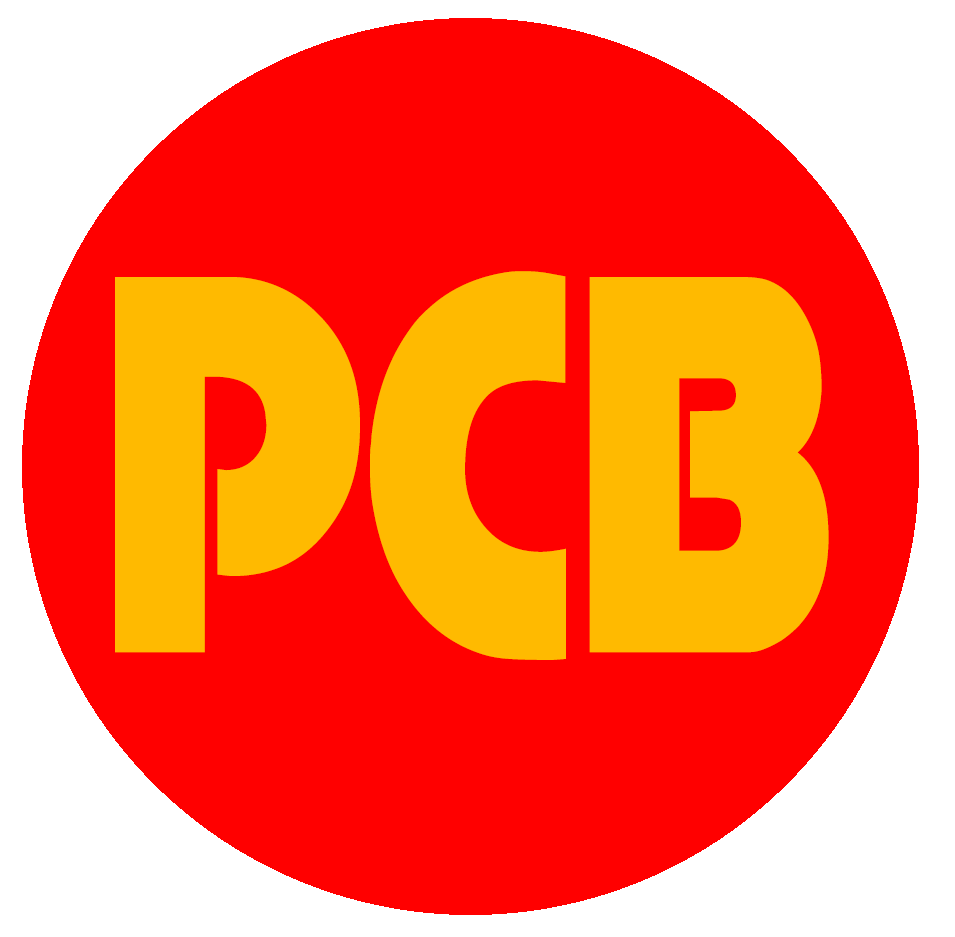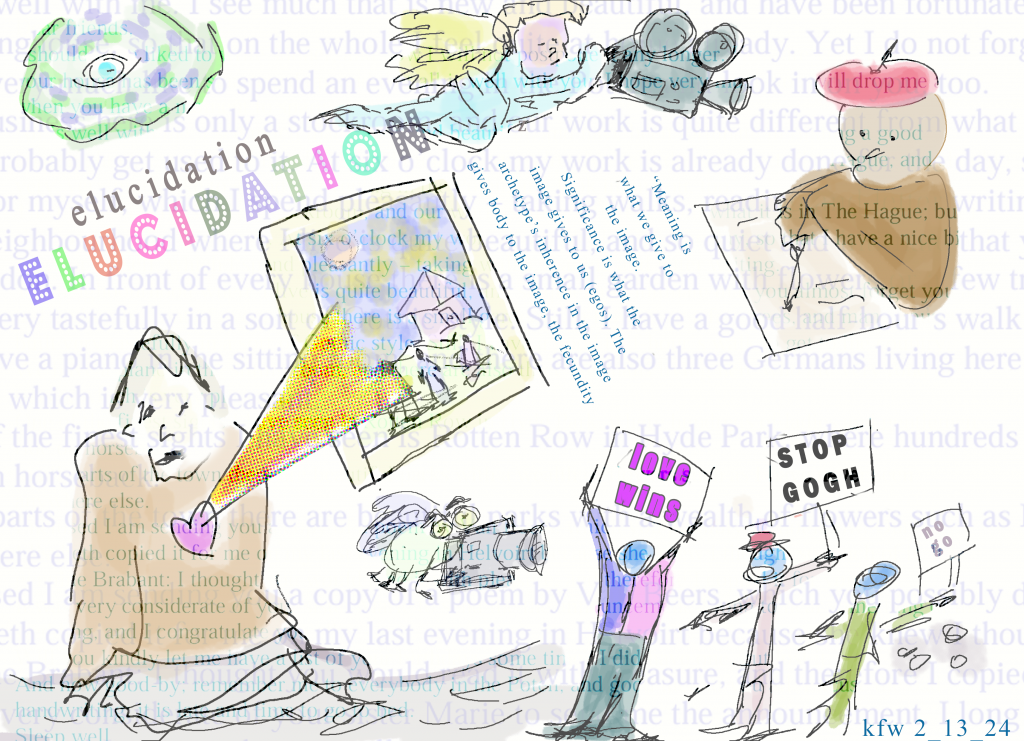By Keith Walsh
Walking down Hollywood Blvd on any given day or night, you find dozens of abandoned, neglected souls. The average suburbanite might cringe at the smell, the horrid display of emotional poverty. What might our reaction to Vincent Van Gogh have been, particularly if we had not understood or viewed his art?
In the U.S. in the 1970s, middle school children were introduced to Van Gogh’s paintings on a slide presentation coinciding with the song “Vincent (Starry, Starry Night)” by Don McLean. This was in my history class in Southern California. I understood the sadness above all, but also the value of art in bridging the gap between two minds and hearts.
That visceral reaction to poverty and particularly abnormality is a kind of denial of our own weakness. (Add to that the commodification of art that excludes the creator, for another layer of sadness. But that’s another story.) In adulthood, as we are fighting a mostly financial fight for home, food, and family, it’s easy to let our stressed out minds react primally to ‘psychos’ and ‘losers.’ (Another motivator for artists to gain legitimacy through recognition. That’s also another story).
Now I think I know
What you tried to say to me
And how you suffered for your sanity
They would not listen, they’re not listening still
Perhaps they never will
From ‘Vincent,’ by Don McLean
Songwriters and others artists benefit from constantly changing states of mind. This kind of madness is akin to inspiration which when dramatized in song, captures and amplifies ordinary inner lives, providing vicarious pleasure aside from the excitement of rhythm and melody.
More arts are needed everywhere. Not just popular media products of the Van Goghs, the Grohls, the Gagas. Art as a practice for ordinary people builds discipline with the rewards of growing mastery as well as serenity. For an individual, blogging, sketching, and composing are mirrors affording a glimpse at their own selves. Taking in another’s art provides a better understanding of others, ourselves, and the world.
I believe the printed word should be forgiven
Doesn’t matter what it said
Wisdom hotline from the dead back to the living
Key to the larder for your heart and your head
From ‘Books Are Burning’, by XTC
Surveillance and solidarity are other benefits of the arts, tied to protest and giving a voice to communities, while creating these communities as well. Is this a plea for more widespread funding of the arts, and for a more welcoming orientation towards artists? Yes.
finis

